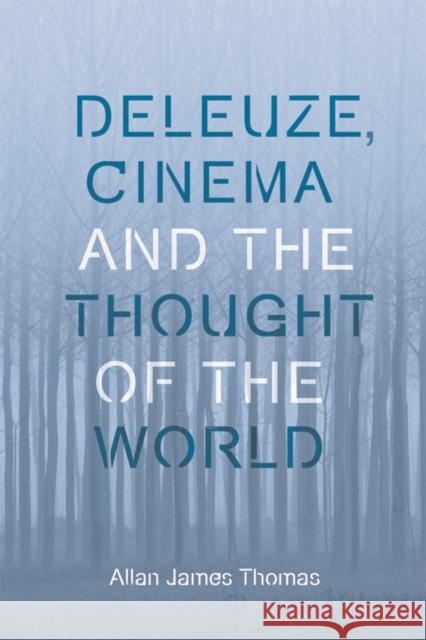Deleuze, Cinema and the Thought of the World » książka
topmenu
Deleuze, Cinema and the Thought of the World
ISBN-13: 9781474432801 / Angielski / Miękka / 2019 / 280 str.
Deleuze, Cinema and the Thought of the World
ISBN-13: 9781474432801 / Angielski / Miękka / 2019 / 280 str.
cena 153,98
(netto: 146,65 VAT: 5%)
Najniższa cena z 30 dni: 125,88
(netto: 146,65 VAT: 5%)
Najniższa cena z 30 dni: 125,88
Termin realizacji zamówienia:
ok. 30 dni roboczych.
ok. 30 dni roboczych.
Darmowa dostawa!
Kategorie BISAC:
Wydawca:
Edinburgh University Press
Seria wydawnicza:
Język:
Angielski
ISBN-13:
9781474432801
Rok wydania:
2019
Ilość stron:
280
Waga:
0.38 kg
Wymiary:
22.86 x 15.24 x 1.52
Oprawa:
Miękka
Wolumenów:
01











